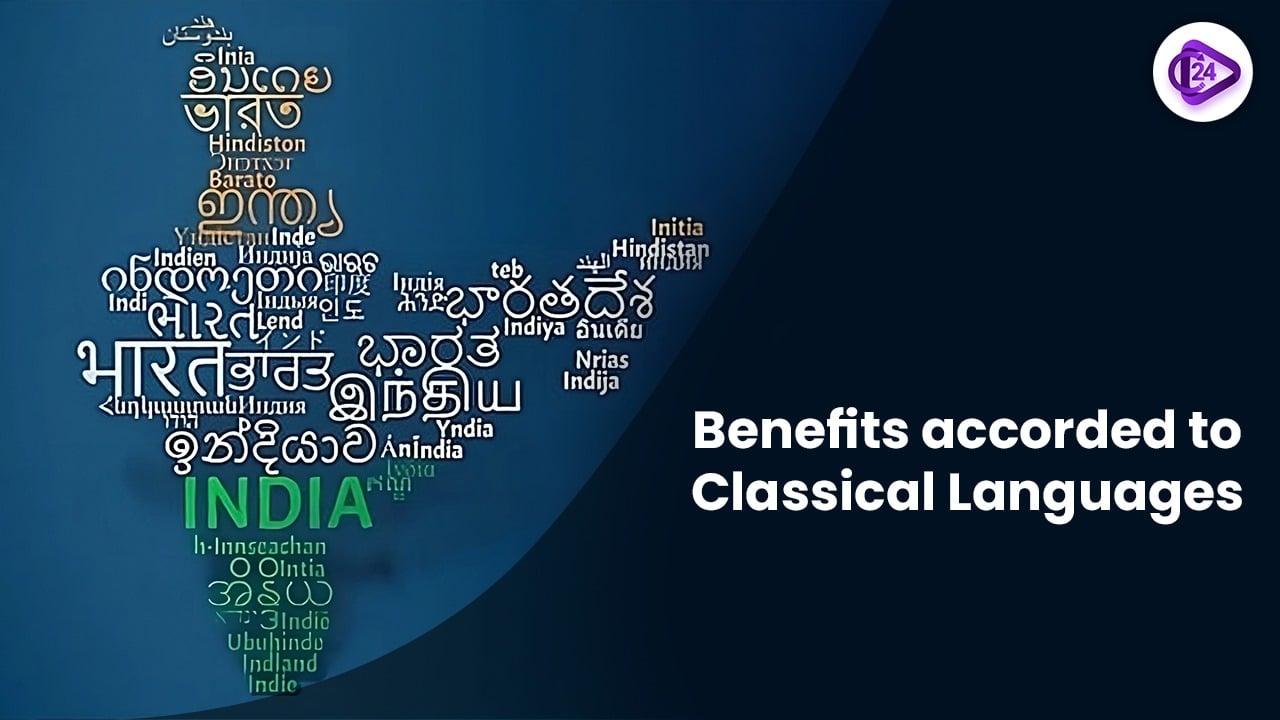
The Government of India delivers substantial backing to Classical Languages to sustain their existence along with their enhancement through institutional entities and educational endowments and academic chairs establishing centers of excellence. Presently the government recognizes Tamil and Sanskrit alongside Telugu, Kannada, Malayalam, and Odia and has expanded its support to cover Marathi, Pali, Prakrit, Assamese, and Bengali. The Ministry of Education advances research together with development projects in selected languages.
Classical Languages Recognized:
-
Tamil: 2004
-
Sanskrit: 2005
-
Telugu: 2008
-
Kannada: 2008
-
Malayalam: 2013
-
Odia: 2014
Recently added new languages:
-
The government of India introduced new classical languages starting from Marathi, Pali, Prakrit, Assamese, and Bengali.
Support Provided
-
The award system recognizes individuals who make exceptional research achievements in Classical Language studies.
-
Excellence Research Centers act as institutional bases for classical language research and development.
-
The establishment of professional chairs at central universities functions to develop language proficiency.
Institutions Supporting Classical Languages
-
Tamil: Central Institute of Classical Tamil (CICT), Chennai (since 2008).
-
Sanskrit: Promoted through Central Sanskrit University (New Delhi), Shri Lal Bahadur Shastri National Sanskrit University (New Delhi), and National Sanskrit University (Tirupati).
-
Telugu: Centre of Excellence in Classical Telugu, Nellore (Andhra Pradesh).
-
Kannada: Centre of Excellence in Classical Kannada, Mysuru (Karnataka).
-
Malayalam: Centre of Excellence in Classical Malayalam, Tirur (Kerala).
-
Odia: Centre of Excellence in Classical Odia, Bhubaneswar (Odisha).
Conclusion
Government departments support Classical Languages through recognition because it demonstrates their dedication to national linguistic heritage and the study of ancient languages.




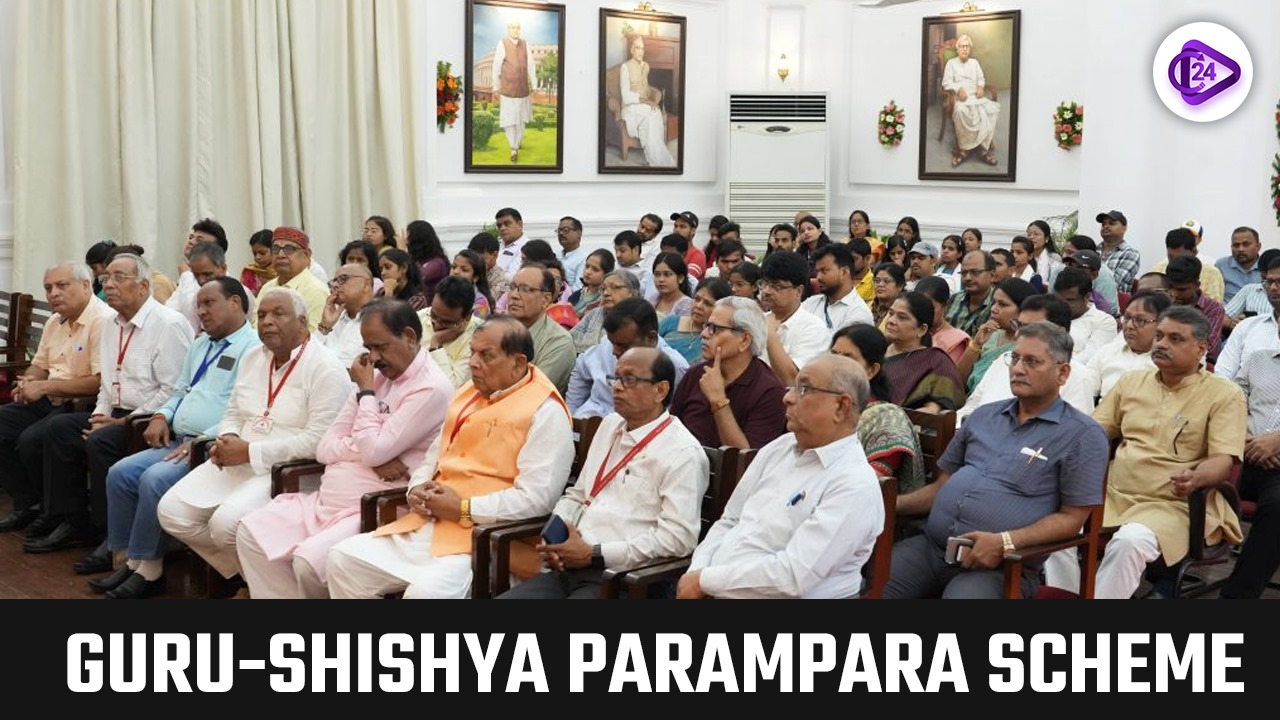 Guru Shishya Parampara Scheme Preserving India Traditional Arts
Guru Shishya Parampara Scheme Preserving India Traditional Arts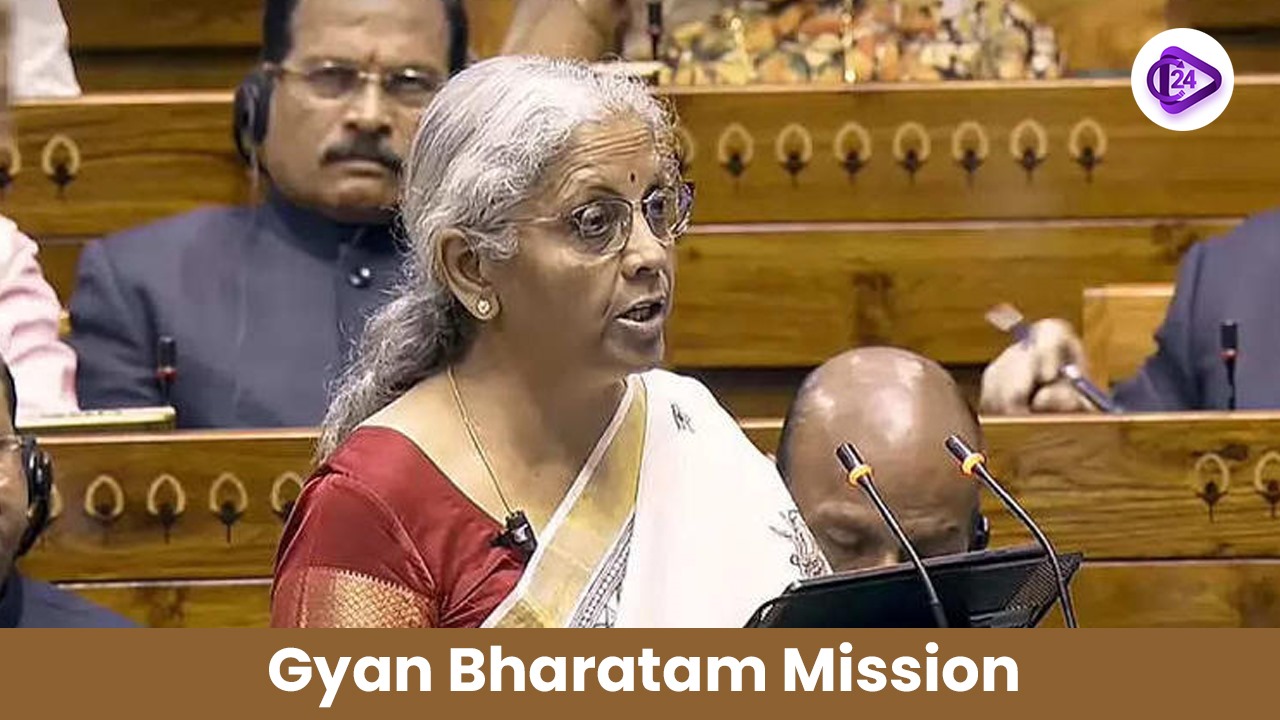 Gyan Bharatam Mission 2025 Preserving India Manuscript Heritage
Gyan Bharatam Mission 2025 Preserving India Manuscript Heritage India Startup Revolution: Driving Innovation and Job Creation in 2024
India Startup Revolution: Driving Innovation and Job Creation in 2024 Empowering Tribes for a Viksit Bharat: Tribal Welfare Boost in Union Budget 2025
Empowering Tribes for a Viksit Bharat: Tribal Welfare Boost in Union Budget 2025 World Wetlands Day 2025 Celebrations at Parvati Arga Ramsar Site, Gonda, Uttar Pradesh
World Wetlands Day 2025 Celebrations at Parvati Arga Ramsar Site, Gonda, Uttar Pradesh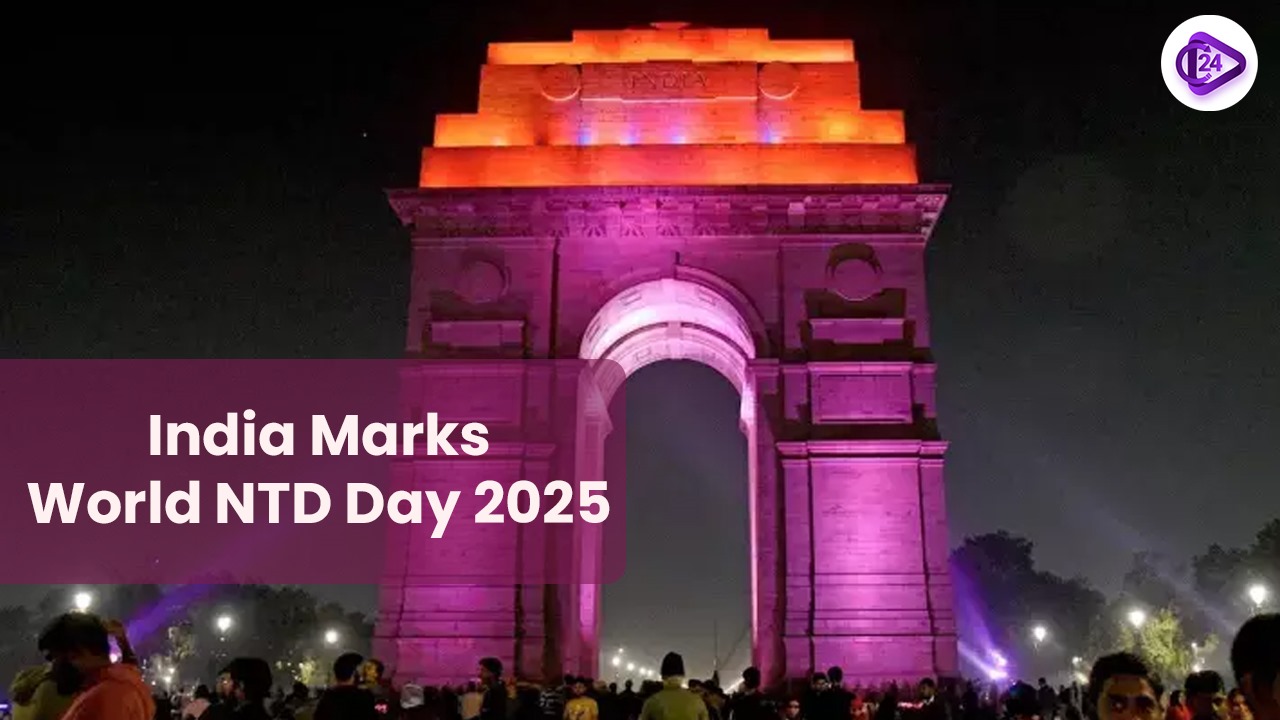 India Marks World NTD Day 2025 with Landmark Illumination at India Gate to Raise Awareness
India Marks World NTD Day 2025 with Landmark Illumination at India Gate to Raise Awareness Delhi-Haryana Water Dispute Escalates Over Ammonia Pollution in the Yamuna River
Delhi-Haryana Water Dispute Escalates Over Ammonia Pollution in the Yamuna River Retinal Diseases: RNA Therapeutics Show Promise, But Is India Ready.
Retinal Diseases: RNA Therapeutics Show Promise, But Is India Ready.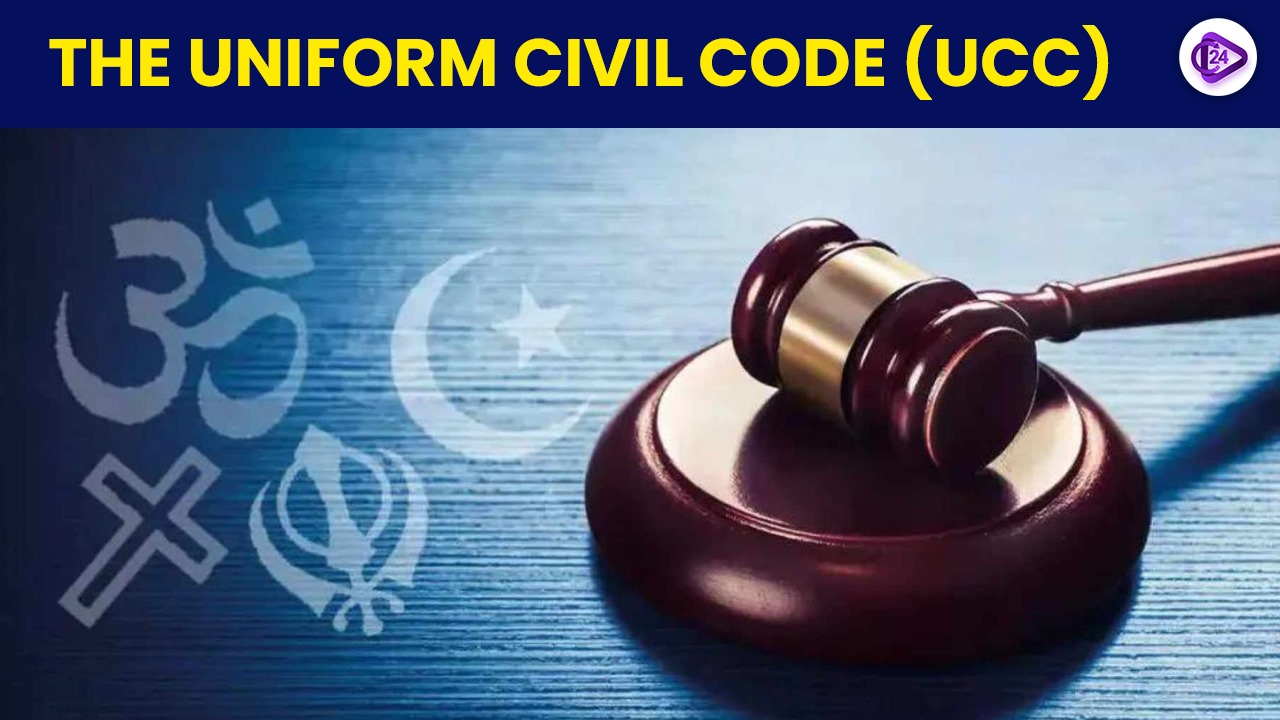 Uttarakhand Becomes the First State to Implement the Uniform Civil Code (UCC)
Uttarakhand Becomes the First State to Implement the Uniform Civil Code (UCC)






